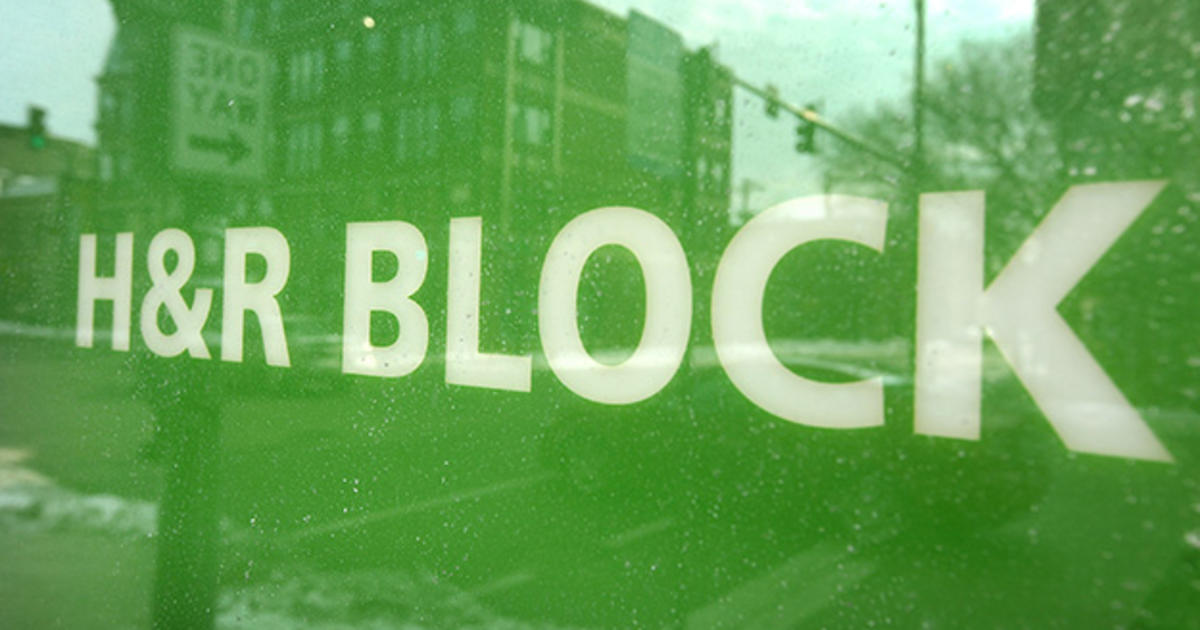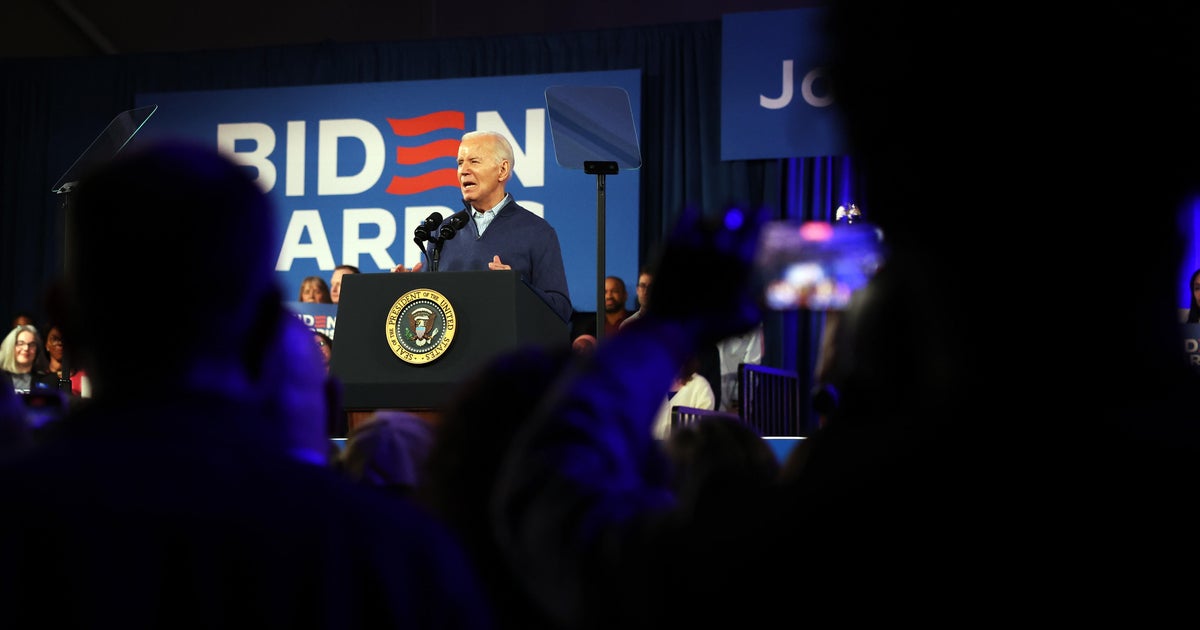How to get ahead at work: Learn how to cuss
Uber has promised to soften a corporate culture known for frat-boy behavior and rampant profanity exposed in part by an infamous video of CEO Travis Kalanick angrily cursing out a disgruntled Uber driver.
But profanity doesn’t have to be a liability in the workplace -- it can be a persuasive tool that conveys enthusiasm and honesty, said Benjamin K. Bergen, professor of cognitive science at University of California San Diego and the author of “What the F: What Swearing Reveals About Our Language, Our Brains, and Ourselves.”
However, curse words can backfire when they take on an abusive tone or come from those in authority who are seen as abusing their power, Bergen said in an interview with CBS MoneyWatch. “The same words that can hurt and offend in some circumstances can unite and inspire in other ones,” he said. “It all depends on the intent behind them.”
The following interview was lightly edited for clarity and length. Profanities have been partially censored with strategically placed asterisks.
MoneyWatch: You say profanity can be healthy -- productive, even -- in the workplace. How does that work?
Bergen: At its core, profanity is about expressing emotion and engaging emotions in other people. Workplaces aren’t always places with white walls and hard floors -- they’re emotional too, and many of the emotions you want to evoke using profanity are ones you can use to create an environment in which you interact with other people in more familiar ways, more engaging ways.
The research is pretty clear that people have strong emotional reactions to profanity, and those reactions differ depending on the circumstances. We know when people feel some sort of social closeness, part of the same group, profanity is more likely to be perceived as an indicator of a level of comfort and informality. People perceive swear words as more honest and persuasive, funnier.
On the other hand, if you’re starting from a position where you don’t empathize with the other person, you’re more likely to perceive swearing as having negative connotations -- that person is more likely to be perceived as out-of-control, unhinged, uneducated, unaware of social rules. It can really backfire if used in the wrong circumstances.
MoneyWatch: Most times you hear about profanity in the workplace -- Uber is a recent example -- it’s not a positive story. Is the idea of a sexist, take-no-prisoners, “bro” culture inextricably linked to profanity?
Bergen: People have very strong beliefs about the genders and how profanity is supposed to be used by them. There’s a cultural belief that profanity is the language of men. This goes along with an idea that women, who oftentimes are more conservative with language, any time they step out of that type of behavior they’re acting inappropriately.
That’s largely false as far as we can tell. The data we have is that men and women swear with about equal frequency when they’re in same-sex groups. The specific words may differ, but the frequency does not.
Where we see profanity having the strongest negative impact is across groups, and often across genders. Men often rate female swearing as objectionable exactly because it’s a violation of norms they have in their heads. Women rate male swearing as objectionable because, if they’re not friends or family members, it can be perceived as aggressive.
MoneyWatch: What about profanity across other demographics -- young people and old people, for instance?
Bergen: When we poll people across the age ranges, we find there are big differences: Younger people find most profanity to be less offensive than older people do. If you ask millennials to rate words by how bad they are, what you find is the George Carlin words -- the words you can’t say on TV, related to sex or bodily functions or religious terminology -- those aren’t even in the top-10. Instead, the words millennials find most offensive are slurs -- racial, ethnic, sexual slurs.
People who are middle age or older generally find slurs to be offensive but not to the same degree. The strongest “f” word, according to millennials, is not a four-letter one, which actually is the 10th worst one according to them, but a three-letter one, a slur for homosexual people.
Another example is the word “retard.” Nowadays it’s in the top-10 list of most offensive for millennials. They don’t want to hear it and find it completely inappropriate.
What we’re seeing now is a real sea change in the types of words people think are offensive. Younger Americans focus on words that are insulting, that denigrate particular groups.
MoneyWatch: What professions have the strongest cursing game?
Bergen: We haven’t seen any data on that. Anecdotally, we know journalists report a high level and degree of difficulty of swearing. I’ve heard from realtors who claim they’re really proficient at swearing, and apparently stockbrokers.
As far as I can tell, where you have relatively stable groups -- a tightknit core of people who work together a lot, in a job that’s relatively high-stress, with a clear separation between times they’re interacting with the public and not -- that seems to be the pressure-cooker for a level of familiarity and increased flexibility in observing language rules.
MoneyWatch: Talk about how you use profanity.
Bergen: My interactions are with colleagues and students, and with both I use profanity strategically. I find my work relationships work best when they’re informal and when I can easily take someone out to coffee and we can talk through a problem.
The way I do that with language is by interjecting a little casual language. Now, I’m not going to use strong profanity, ethnic slurs or aggressive profanity. But a little bit of spicy language that reveals I have emotions and allows me to seem informal and be a little funny, I find that’s a useful tool to create more comfortable interactions.
I also use it with students: I teach a lecture class with 350 students, and I can’t possibly get to know every one of them. I want them to feel engaged and get to know me a little bit. One of the ways I do that is I use informal language -- once per lecture -- enough for them to take notice, pay attention and realize this guy is not just reading slides from 10 years ago, even if I am. He’s just a guy like us who uses language like we do.
MoneyWatch: How creative do you get with your cursing, or is it mostly just standard f-bombs?
Bergen: That depends on the circumstance. Usually it takes a lot of energy to be super-creative with profanity. Unless I’m trying to impress someone, I usually don’t focus on that. In the workplace, “s***” I find a really useful word. If you ask millennials, it’s like the 50th-worst word in the language. It’s not offensive at all.
That I find is a good entry point. It’s a good first salvo -- “Hey, how do you feel about us talking casually.” It gives the feeling of rolling up your sleeves. In the workplace, like most relationships, you’re in this dance trying to figure out what each of you is comfortable with.
MoneyWatch: Do you remember your first curse word and what happened when you said it?
Bergen: I don’t remember my first one, but I definitely remember the first time I said the f-word and my mom heard it. There was corporal punishment, for sure. The lesson I take is that spankings are very effective at producing people who go on to write entire books about profanity.
MoneyWatch: You write about a case study from a French physician about a priest who suffered a stroke and could speak only two words: one the French word for “I” and the other was the equivalent of our f-bomb. If you could choose only two, which two words would you use?
Bergen: Those seem pretty important. If I only had two words, honestly as a parent, it seems like the most important words mark interaction -- maybe “more” and “no.”
MoneyWatch: You wouldn’t use a profanity for one of them?
Bergen: I can still use hand gestures, right?
MoneyWatch: Yes, of course.
Bergen: Well then no. If you had to pick one profanity, if you really wanted to be able to express emotion and alleviate pain when you slam your finger in the car door, then the word that I use most is [Editor’s note: Samuel L. Jackson alert!] “m***********.” That’s just my go-to when I’m under duress. I don’t use it a lot, or at all, in the workplace because there’s a lot wrapped up in it. But it has a pleasurable mouth feel.
MoneyWatch: Can you trust someone who doesn’t curse?
Bergen: Of course you can. There are lots of strategies people adopt to express emotions without cursing: “Gosh darnit.” “Shut the front door.” They’re expressing their emotions, and doing so in a way they believe follows the letter of the law.
I still trust those people, sure. My mom doesn’t swear.
MoneyWatch: If everyone starts following your advice, won’t cursing lose some of its power?
Bergen: It already is. This is what we see with the democratization of media. If you’re 18 and play internet games, you’ve probably see a hundred “f****” before breakfast. You get desensitized to it. There’s nothing intrinsically wrong with that. These words aren’t inherently bad, they’re only bad now.
“F***” wasn’t obscene in Shakespeare’s time. It is now, and that only started in the 19th century when we had Victorian beliefs come in about sex. The words will fluctuate in and out. There’s no doubt other words will continue to have impact.



